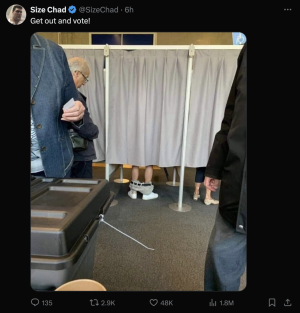Following the interview, Mr. Trump continued
his criticism of the Federal Reserve in a pair of statements on Twitter. Tightening by the Fed “now hurts all that we have done,” he tweeted, after expressing his unhappiness with interest rate increases in a separate television interview Thursday.
“The U.S. should be allowed to recapture what was lost due to illegal currency manipulation and BAD Trade Deals. Debt coming due & we are raising rates - Really?” Mr. Trump wrote.
Earlier this month,
the U.S. imposed levies on $34 billion of Chinese exports of machinery, components and electronics. Also scheduled are tariffs on $16 billion of Chinese electronics and other components.
The U.S. has identified a further $200 billion in Chinese goods the U.S. may target for tariffs, for a total of $250 billion. Anything further, Mr. Trump has said, depends on the extent to which China retaliates.
When asked during Friday’s interview, “Will you ever get to 500, though?” Mr. Trump responded that he is “ready to go to 500,” referring to the approximate total dollar value of Chinese goods exported to the U.S. last year.
“I’m doing this to do the right thing for our country. We have been ripped off by China for a long time,” he said.
“I don’t want them to be scared, I want them to do well,” Mr. Trump said, adding, “I really like President Xi [Jinping].”
Mr. Trump’s critiques of the Federal Reserve Thursday and Friday
broke with a convention observed by recent presidents of both parties in which they refrained from challenging the central bank. Central banks and bond investors have argued that an independent central bank is important to guard against inflation after political interference in the 1960s and 1970s was widely blamed for contributing to runaway inflation.
After Mr. Trump’s initial comments ricocheted through currency and bond markets on Thursday, the White House sought to clarify them by saying he still respected the Fed’s independence. Friday’s statements suggest the president could continue to escalate a fight with the Fed, and also take aim at currency markets.
Friday morning’s CNBC interview
sent European stocks lower, with the Stoxx Europe 600 falling around 0.7% before recovering some of its losses. Shares in trade-sensitive stocks were hardest hit, with auto makers Daimler,
Volkswagen and Fiat Chrysler all down more than 1%.
U.S. futures pointed to a 0.2% opening decline in the S&P 500 and a 0.4% decline in the Dow Jones Industrial Average.
The Chinese yuan fell anew against the dollar following Mr. Trump’s interview, and the WSJ Dollar Index also fell.
Trade tensions have sparked market volatility through much of the year, but market moves escalated in early April when Mr. Trump threatened tariffs on specific Chinese products, sparking retaliatory threats from Beijing.
Emerging market equities, European autos stocks, copper and soybean futures have been particularly hard hit.
The president has threatened tariffs on $500 billion in Chinese imports before. In an interview with Fox News broadcast on July 1, the president said the tariffs “could go up to 500, frankly, if we don’t make a deal. And they want to make a deal.”
On July 6 on Air Force One, the president told reporters tariffs could eventually hit $550 billion in imports from China.



































